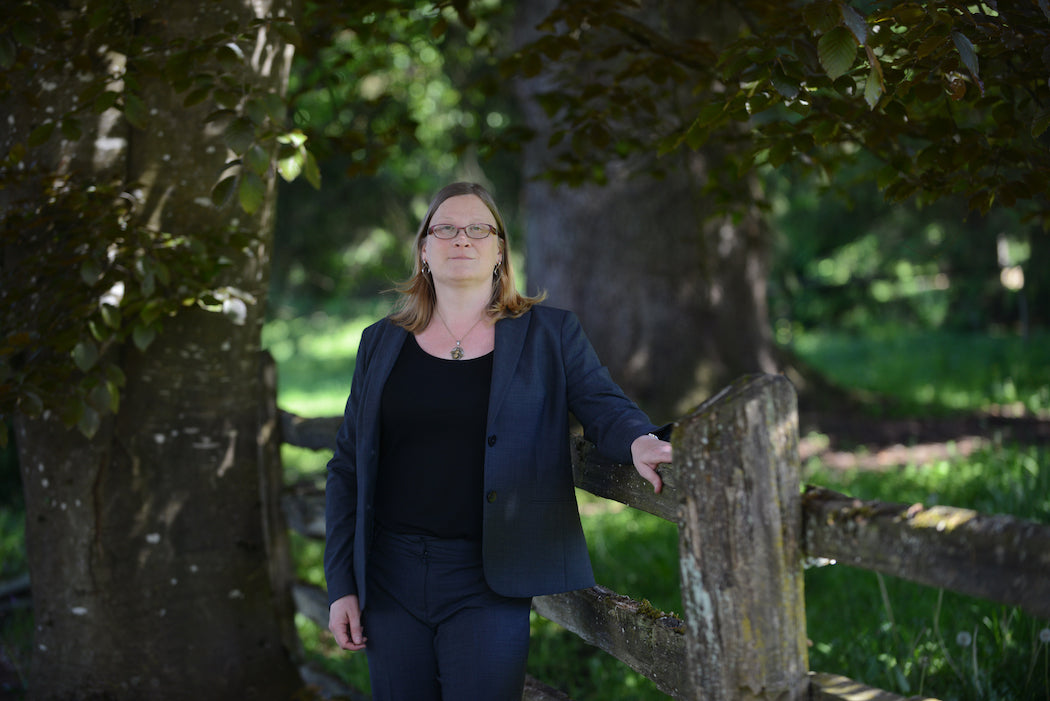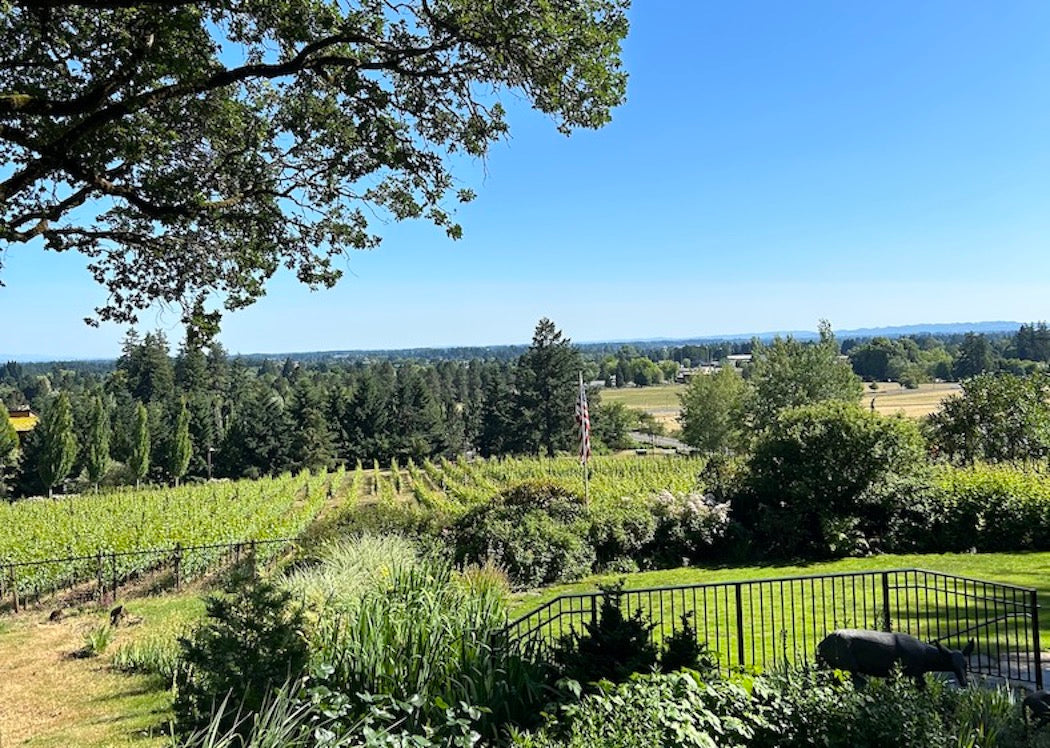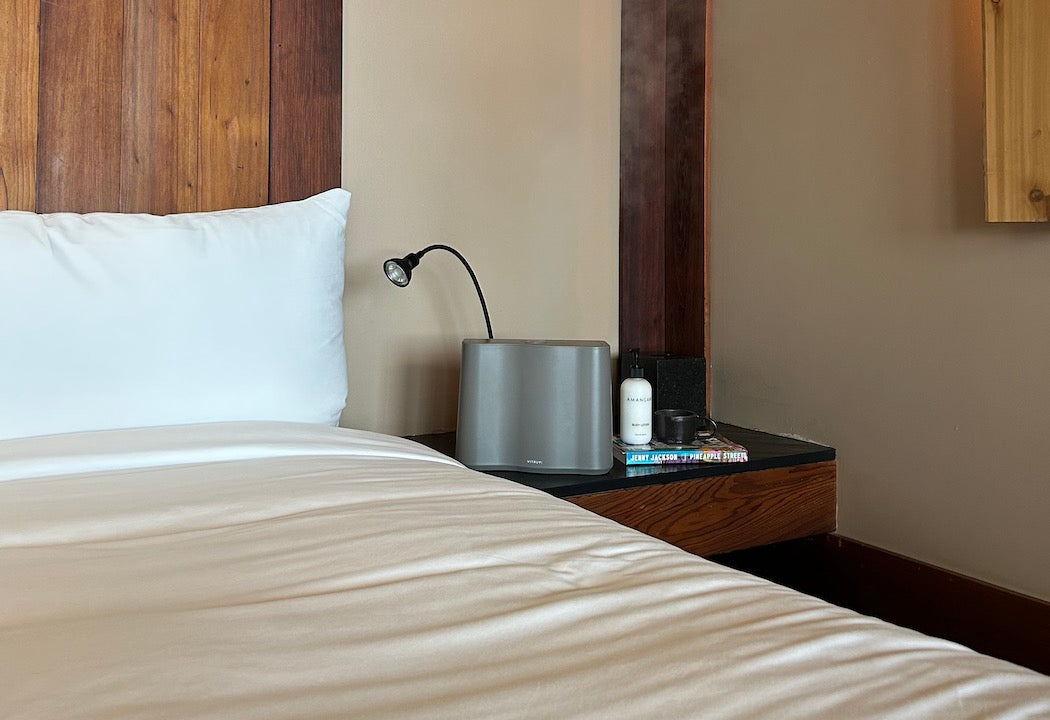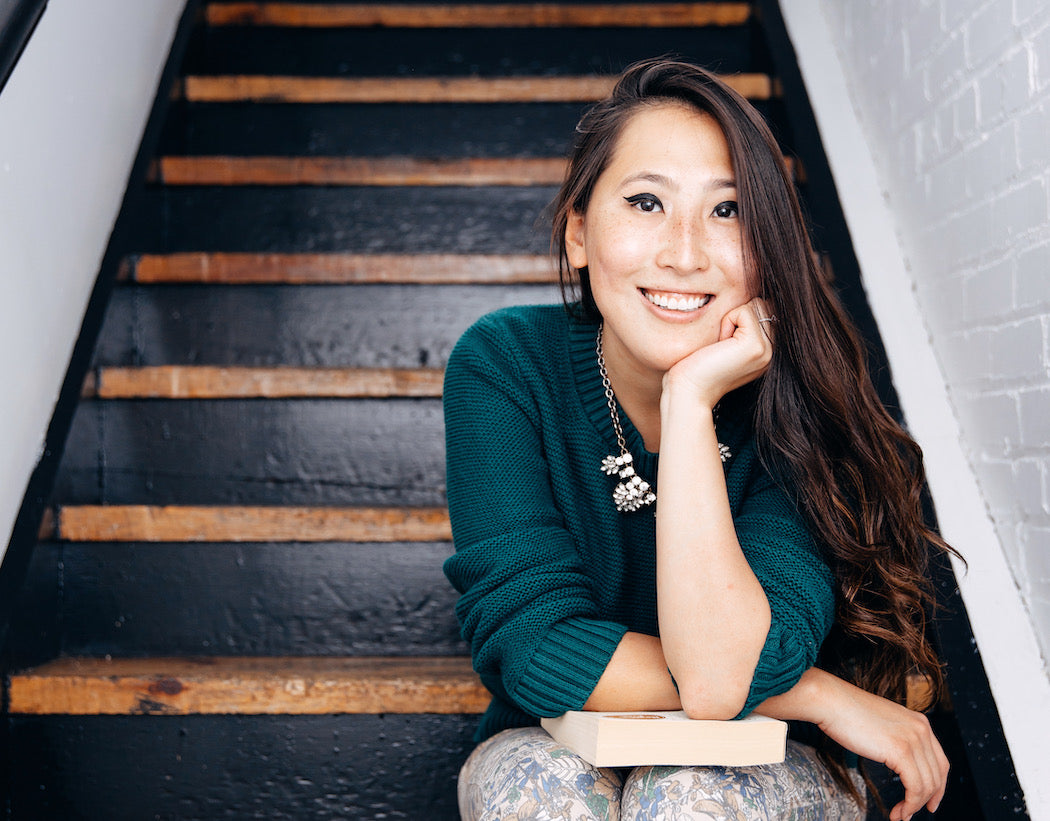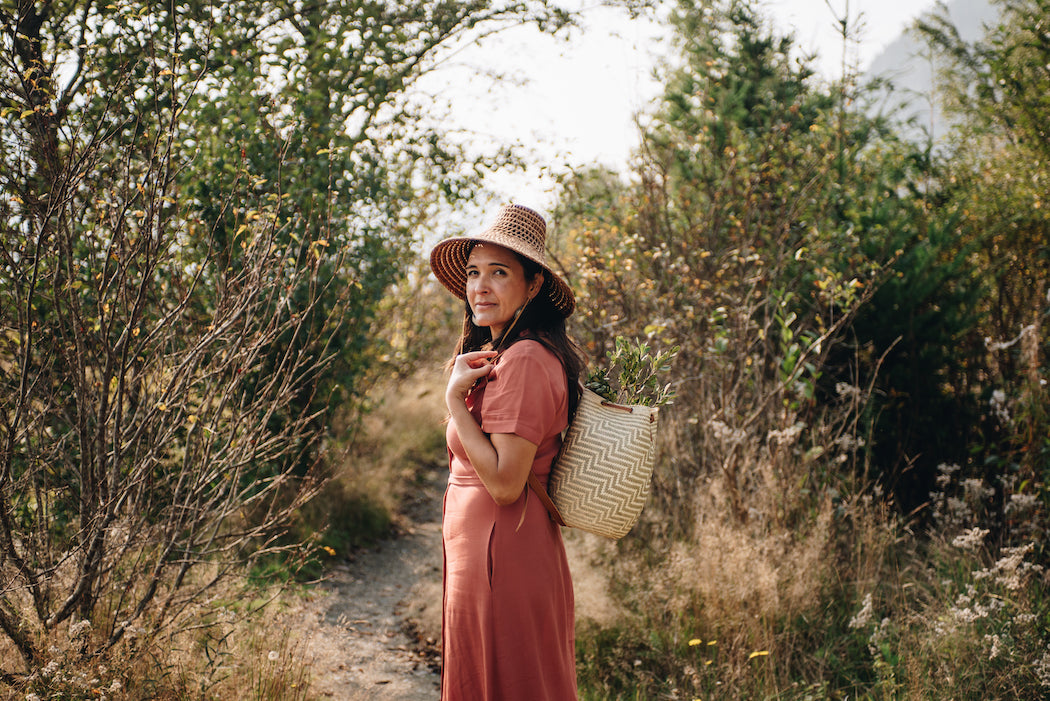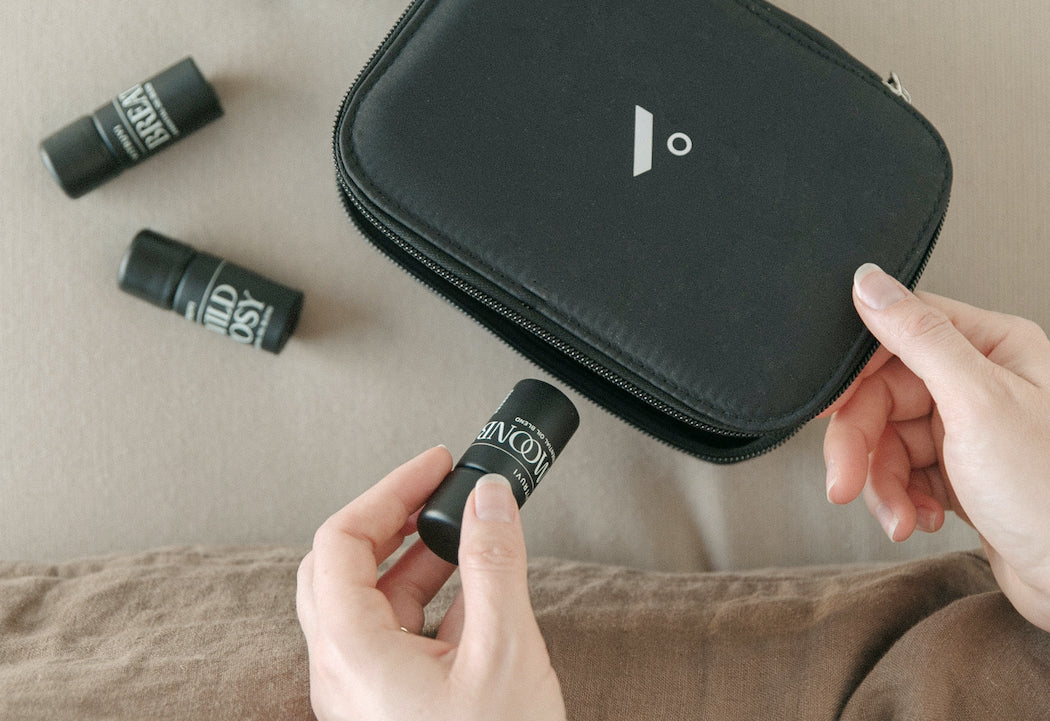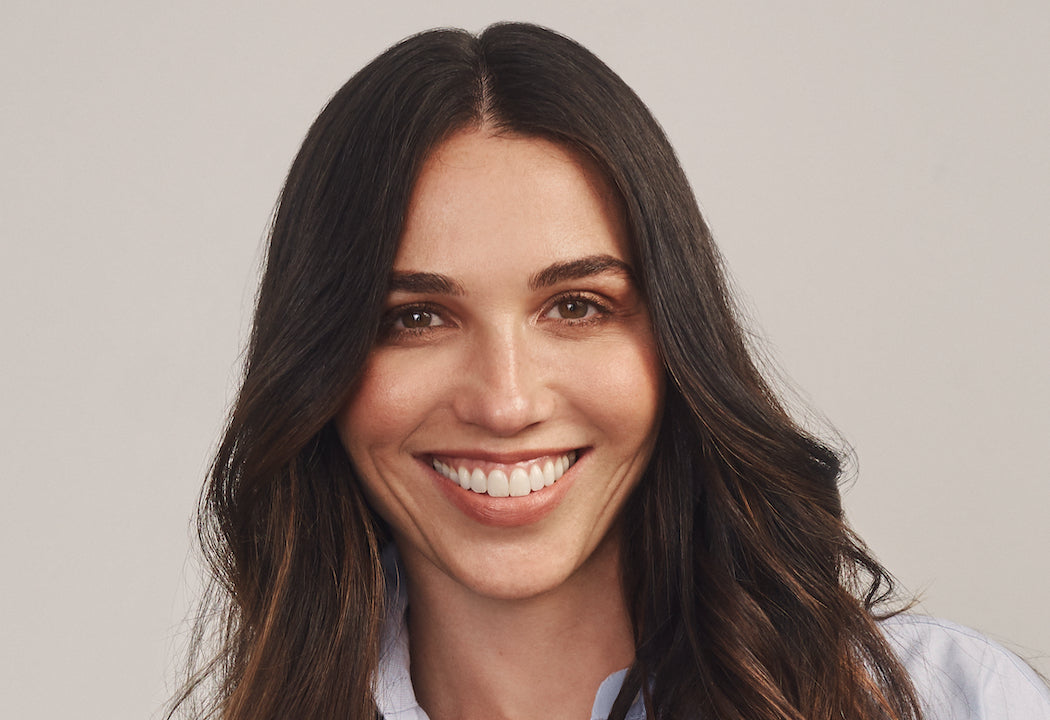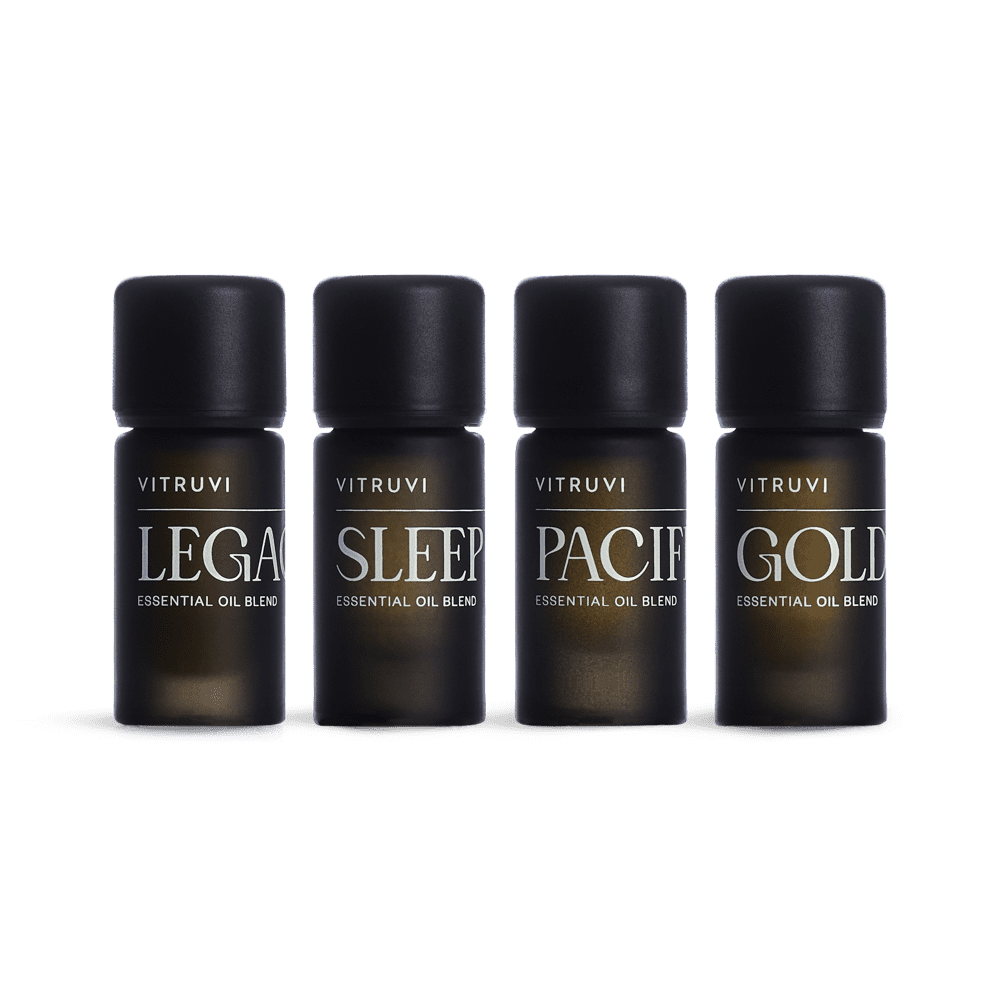These days, it seems like everyone is interested in food—from what’s in (or not in) it, where it comes from, and how ethical it is, to whether or not we’ll be able to source those crucial ingredients for our sourdough bread—but Lenore Newman is truly obsessed.
As Canada Research Chair in Food Security and Environment at the University of the Fraser Valley, food is her job (in fact, she’s part of the team working on food security during the COVID-19 crisis, so she knows more than almost anyone why you couldn’t get hold of eggs or flour in April). It’s a passion that began when she was young and that she has carried with her all her life.
“I was born in the food industry; I come from a family of fishing folk and boat-makers going back hundreds of years,” she explains over the obligatory crackly FaceTime call from her home in Vancouver. “My great-grandfather emigrated to B.C. from Northern Finland fleeing Russian persecution and set up in Sechelt, and that’s where we made our home.”
Newman’s earliest memories all involve food: catching fish on a 56-foot halibut boat with her sister and parents; picnics at sea; a friend of the family making Mexican dishes and exposing her to spicy flavours for the first time. As soon as she was old enough to stand, she was sent to sell fish on the dock. “It was an early exposure to advertising. The message to customers was definitely, ‘These children will starve if you don’t buy the fish,’” she recalls with a laugh. “We lived off the land and life was very rural. We foraged a lot of food, made our own bread, dug and fished for clams. In the off-season, we mended miles and miles of fishing line. I read voraciously and loved to write; there wasn’t much else to do in the long, rural B.C. winter. We spent a lot of time with my grandmother, who didn’t have a steady electricity supply. It sounds romantic, but it was mostly hard.”
All of that time spent reading paid off, though: at 17, Newman was offered a full scholarship to study physics at the University of British Columbia (UBC). “I told my dad I didn’t want to go because I wanted to run the company and go into the fishing business, but he made me—it was free, and no one in our family had ever been to university before,” she recalls. “He drove me in every day for the first week just to make sure I went.” It was during university that she ordered a pizza for the first time: “I couldn’t believe that someone else would just make food and bring it to you.”
At UBC, Newman began to become interested in climate change, systems, and how things fit together. At the same time, food continued to be a big part of her life—she always worked in restaurants and bars, and tried all sorts of foods when she travelled the world after graduating. “I’ve eaten in expensive and rarefied places, but some of the best meals I’ve ever had were on street corners in strange countries,” she says, recalling a “glorious” meal that she had at a train station in Russia.
It wasn’t until she earned a master’s and then a PhD in environmental science at Toronto’s York University that she realized she could knit together her academic career and her love of food. “My focus in academia had always been on systems. It was a lightbulb moment when I realized I could connect that to food,” she says. “People said I was crazy and a total idiot, then two minutes later, it was the thing everyone was interested in.” Still, even today her group of industry peers remains incredibly small.
In 2011 she took her position at the University of the Fraser Valley (where she’s the only culinary geographer), focusing on technology and the future of food; agricultural land-use policy; and place-making through food and agriculture. “There are very few of us around. The study of food is still developing—we’re all mavericks, really, because our subject is science, social science, cultural history, and applied agriculture,” she says. “I love the way that in the food industry, we all have many skills. It’s the reason I loved physics—which when I studied it, was almost an apprenticeship where I had to do metalwork and glass-blowing so I could mend equipment. Growing up on a boat, too, you’re trying to solve problems you never knew you’d have: how do I stop this boat from sinking in the middle of the night?”
Speaking of solving problems, Newman’s work touches on the biggest problem of our age: climate change and the survival of our species. “My interest in food is one of the reasons I focus on environmental advocacy. Food is a keystone. If the food is still there, you get through. If the food is gone, you’re done, civilization is done, your country is done and you don’t survive,” she says. “This pandemic, partly we’re getting through it because the food is okay.” We’ll need that to also be the case, she asserts, in order to survive climate change.
Her most recent book, 2019’s Lost Feast: Culinary Extinction and the Future of Food, touches on this idea by discussing foods that we have eaten to extinction. It’s packed with facts but isn’t dry, making it perfect to fascinate friends and loved ones with (and experts seem to agree, as the book was recently shortlisted for the Taste Canada Awards). Readers will find themselves dropping information nuggets over dinner about the history of pears, what a woolly mammoth might taste like, and whatever happened to the passenger pigeon.

And while she grew up “knee-deep in dead fish,” Newman is moving towards a vegetarian lifestyle and believes that in the future, most of us will do the same. She sees meat and dairy being replaced with food produced through cellular agriculture and bioengineering—without the cost to the environment or animals. “If you do agriculture in the right way, you can both cut emissions and increase absorption,” she reflects. That means that the industry could actually become carbon-positive, taking in more than it emits.
Lab-produced food can seem sterile and joyless, and indeed, Newman cautions that we could end up with a situation where Google produces all of our cheese—but she envisions a more positive future where these methods are used to create food on a small scale the way microbreweries do, perhaps even with unique local terroir, but in a sustainable way.
Always, at the end of the day, she wants food to be fun. “It’s a part of culture: a way to bond with friends and family and chosen family,” she says. She speaks of her desire to try impossible foods like the extinct herb silphium, extravagantly expensive truffled turkey, or ambergris hot chocolate; that last one is a goal she’s tantalizingly close to achieving thanks to a company in New Zealand that ethically sources the famous whale-derived substance. Her enthusiasm for food is irrepressible, boundless, and constantly stimulated by the things she reads or encounters on her travels.
It’s hard not to wonder if that little girl selling fish on the dock would be surprised to see herself now. “You know, for a long time, I thought none of my career made sense. Then my aunt, who died last year and was a big influence on me, told me that it is exactly what she would have predicted for me,” Newman says. “The obsession with food—I constantly made people play restaurants when I was a child. The writing. Living in a coastal place. Maybe we do just come full circle after all.”

